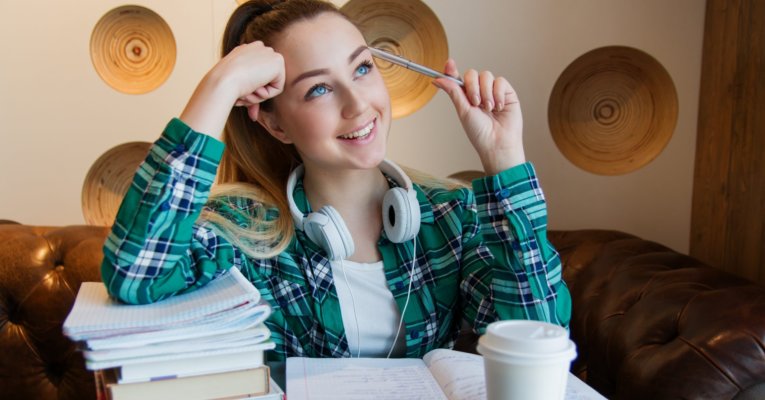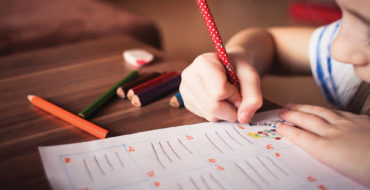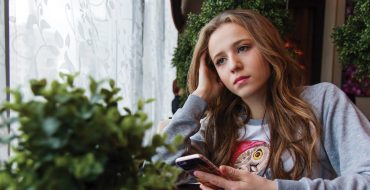Attainable Habits that lead to success
The beginning of the school year marks a good time recommit to good habits, ones that can influence academic success. School gurus suggest a plethora of strategies, but we like this list because it’s short, attainable, and will promote lifelong success. No matter what school or work looks like for your family during the pandemic, the practice of organization, routine, communication and self-improvement start the semester off on the right foot.
It takes 2 weeks to cement new habits into routine. Here’s 6 worth the commitment:
1. MAKE A PLACE FOR EVERYTHING.
Stay organized. Make sure that everything has a home: backpack, homework, and if attending school, shoes, jacket, lunch box, etc. You may have to walk your child through the process in the beginning, but soon it’ll become habit. Life is so much easier when time isn’t waisted searching for things
2. DEVELOP GOOD HABITS.
Always pack up or organize the night before. Take care of the basics: get enough nutrition, water, sleep, and be prepared for the next day’s adventures.
3. COMMUNICATE EARLY
Communicate with your teacher early in the school year. Once you’ve “met,” whether in-person or online, once the line is open, it’s easier to ask questions later.
4. CREATE A HOMEWORK ROUTINE
Create a homework routine- the same place and time each day, with plenty to time to complete work. Having a routine lessens the incidence of procrastination and missed assignments.
5. READ EVERYDAY; TO YOURSELF AND ALOUD TOO
Reading a minimum of 30 minutes a day is a sustainable goal. Younger children (through middle school) also benefit tremendously from reading aloud at least 15 minutes a day. Reading aloud either to a parent or independently assists with reading dexterity (allocution, pronunciation and speed), builds vocabulary, and nurtures a love of reading.
6. GET A HOBBY
Do something extracurricular. Try something new that you can have ownership of! Like playing the guitar, biking, or photography. Learning new things not only exercises the brain, it also builds competency, creates memories, increases social opportunities, and develops new skills.






